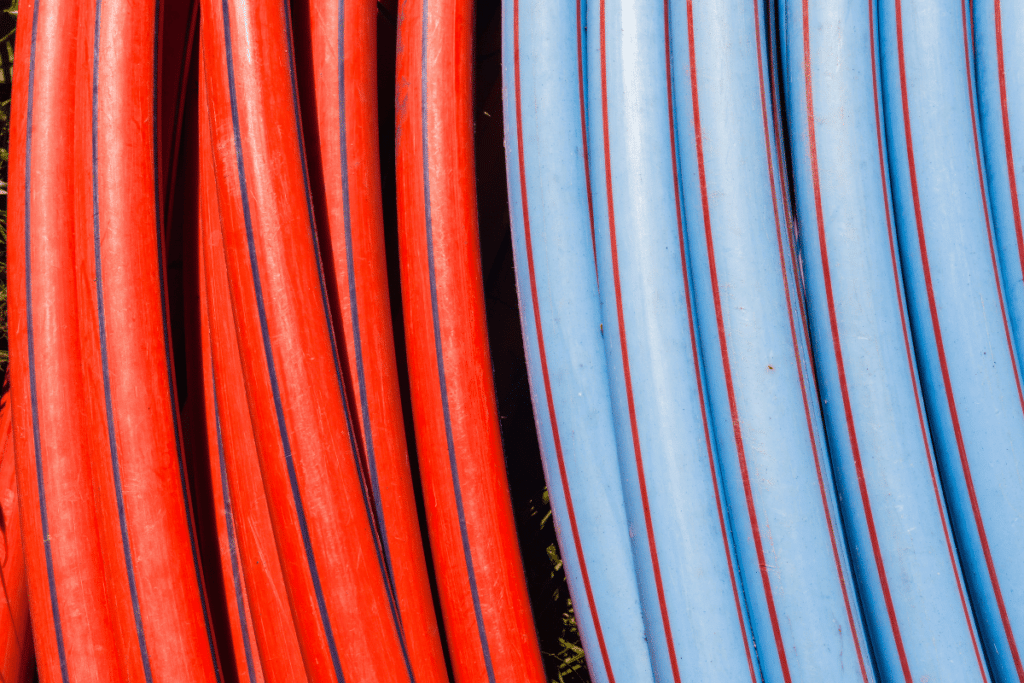What lies beneath our streets puts the world at our fingertips…
Full fibre is considered to be the ‘gold standard’ when it comes to modern-day communications infrastructure. It’s extremely capable and has the ability to underpin the many services and applications that make the wheels of industry turn and our businesses thrive.
It is because of the demand for more and faster internet services that there is a race on to replace older copper cables with new full fibre infrastructure. Digital Greenwich Connect will deliver this change.
We’ve pulled together some facts on the remarkable fibre cable to bring you up to speed.
- Fibre optical cable is made of glass strands. The fibres are surrounded in cladding – known as the buffer tube. The cable is finished with an outer casing to make sure those glass fibres are fully protected.
- Although made of glass, the cables are surprisingly strong and can be joined, known as splicing, by heating up to a scorching 1800°C.
- The average fibre optic cable contains around 288 individual glass strands.
- Each glass strand has a diameter of 250 microns, about twice the thickness of a human hair.
- The light that travels along the cable is on the electromagnetic spectrum and is not visible to the human eye. So data quite literally travels at the speed of light, the fastest possible physical speed.
Click here to find out how your business can benefit from full fibre from Digital Greenwich Connect.

